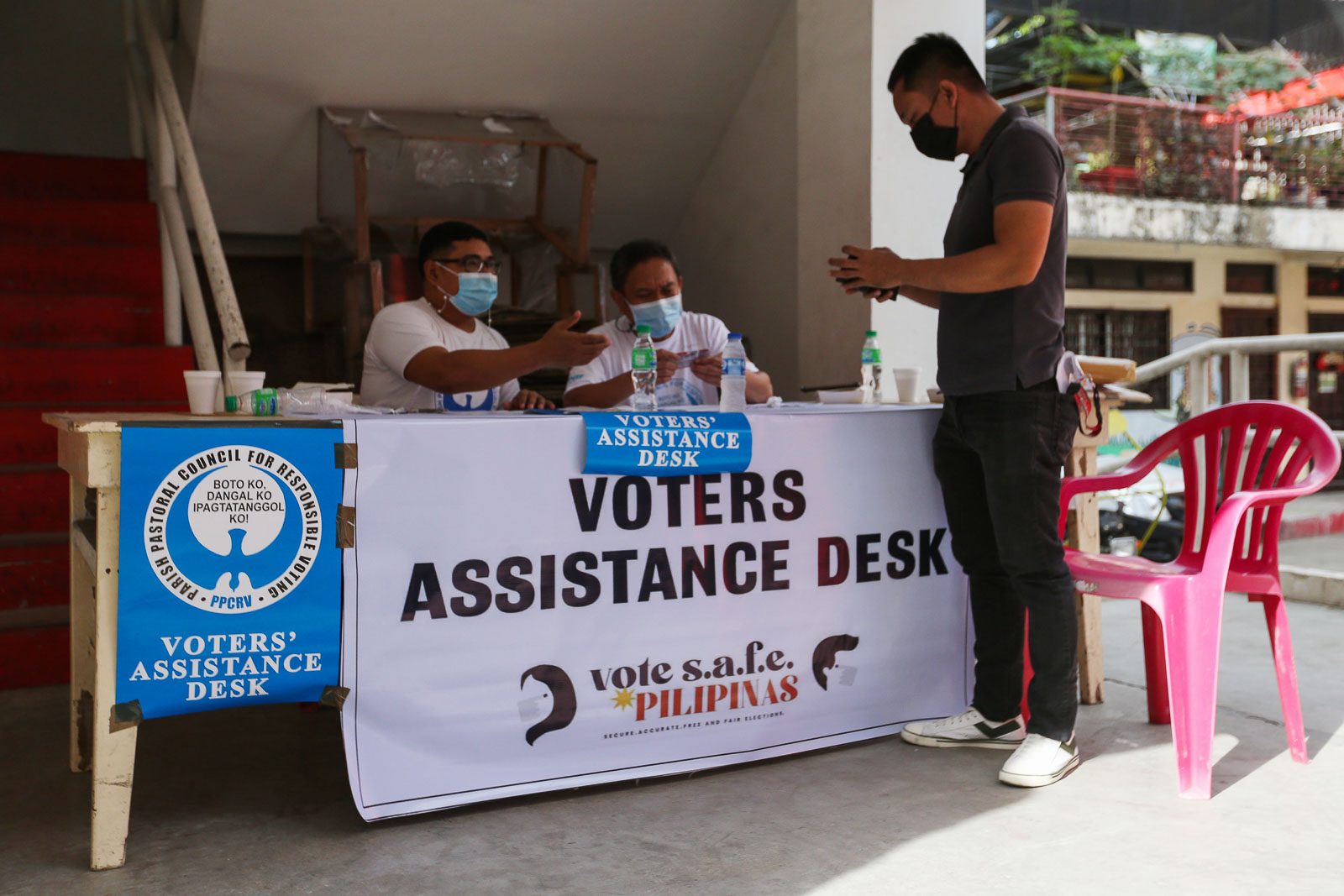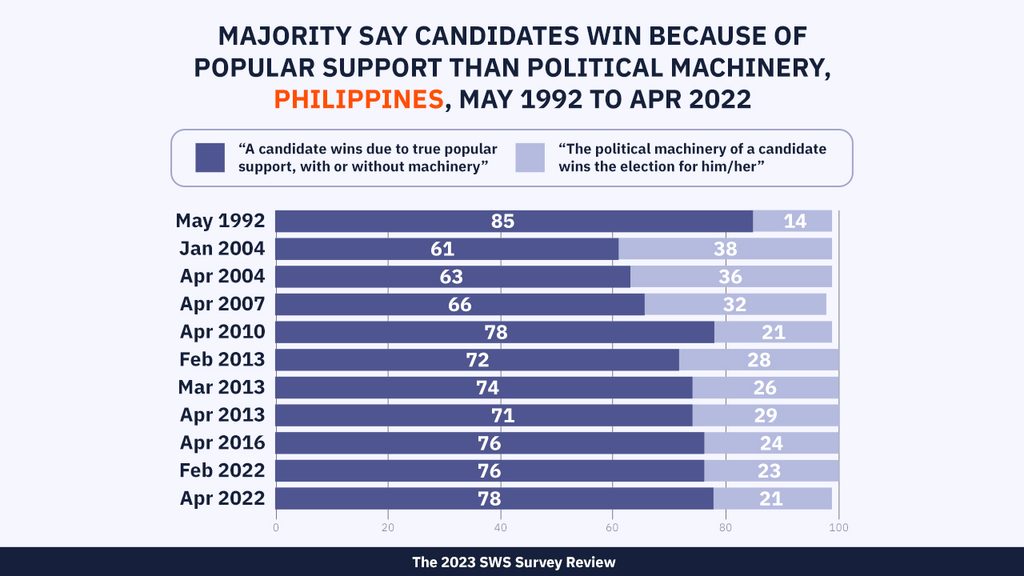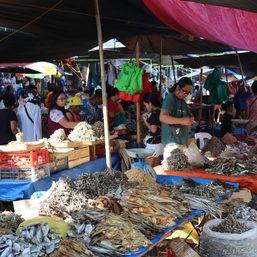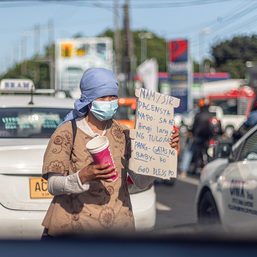SUMMARY
This is AI generated summarization, which may have errors. For context, always refer to the full article.

MANILA, Philippines – Most Filipinos believe pre-election surveys are “good for the country,” according to surveys done by the Social Weather Stations (SWS) over the past 20 years.
In 2022, an election year for the Philippines, trust in pre-election surveys was highest in March 2022 at 78%, although it dropped 8 points to 70% in April 2022, a month before the May 2022 national and local elections.
The findings were one of several presented during the SWS’ annual survey review in Makati City on Tuesday, February 7.

During election season, losing candidates and their supporters often criticize or cast doubt on surveys done by research institute SWS and polling firm, Pulse Asia. Winning candidates, however, exploit these surveys in their campaigns.
Last year, only 2% in February said pre-election surveys were bad for the country, 7% said the same in March, while 6% in April said these surveys were bad for the country.
Between March and April 2022, the number of those who “don’t know” increased by 9 points, as those who thought it was “bad” remained almost steady.
In last year’s presidential election, pre-election surveys again became a hot topic as opposition candidate Leni Robredo’s house-to-house campaign was not enough to pull up her survey numbers compared to winning candidate Ferdinand Marcos Jr.’s steady and wide lead. (READ: Robredo gets surge in support among youth, elderly in March 2022 Pulse Asia poll)
Compared to 20 years ago, trust in pre-election surveys dropped by 11 points from 81% in March 2002 to 70% in April 2022.
Most believe Filipinos are independent voters
On another election issue, SWS surveys show majority of Filipinos believe voters are independent, or rather, vote for whom they want as opposed to voting for who their local leaders choose.
During synchronized elections, most national candidates form alliances or seal endorsements with local leaders believing that the latter can influence – or “command” – the votes of their constituents.
However, SWS surveys in the past 15 years indicate that majority of people don’t believe this to be the case. Last year, 86% of people in April said “most people here decided themselves whom to vote for,” while only 13% said “most people are just told by the leaders whom to vote for.”

On a related question, majority of Filipinos believe candidates win due to popular support rather than “political machinery.” For instance, in an April 2022 survey, 78% said this was the case while 21% said a candidate wins because of machinery.

There were four SWS surveys in 2022 discussed in the annual review. In these polls, respondents were adults 18 years or older.
The first survey was conducted between April 19 to 27 with a sample size of 1,440 respondents. The second survey was conducted between June 26 and 29, with a sample size of 1,500 adults.
The third between September 29 and October 2, with a sample size of 1,500, and the last survey between December 10 to 14, with a 1,200 sample size.
– Rappler.com
Add a comment
How does this make you feel?
![[ANALYSIS] Hindi hawak ng surveys ang kapalaran ng Pilipinas](https://www.rappler.com/tachyon/2022/04/votes-over-surveys-April-29-2022.jpeg?fit=449%2C449)




![[New School] Tama na kayo](https://www.rappler.com/tachyon/2024/02/new-school-tama-na-kayo-feb-6-2024.jpg?resize=257%2C257&crop=290px%2C0px%2C720px%2C720px)





There are no comments yet. Add your comment to start the conversation.